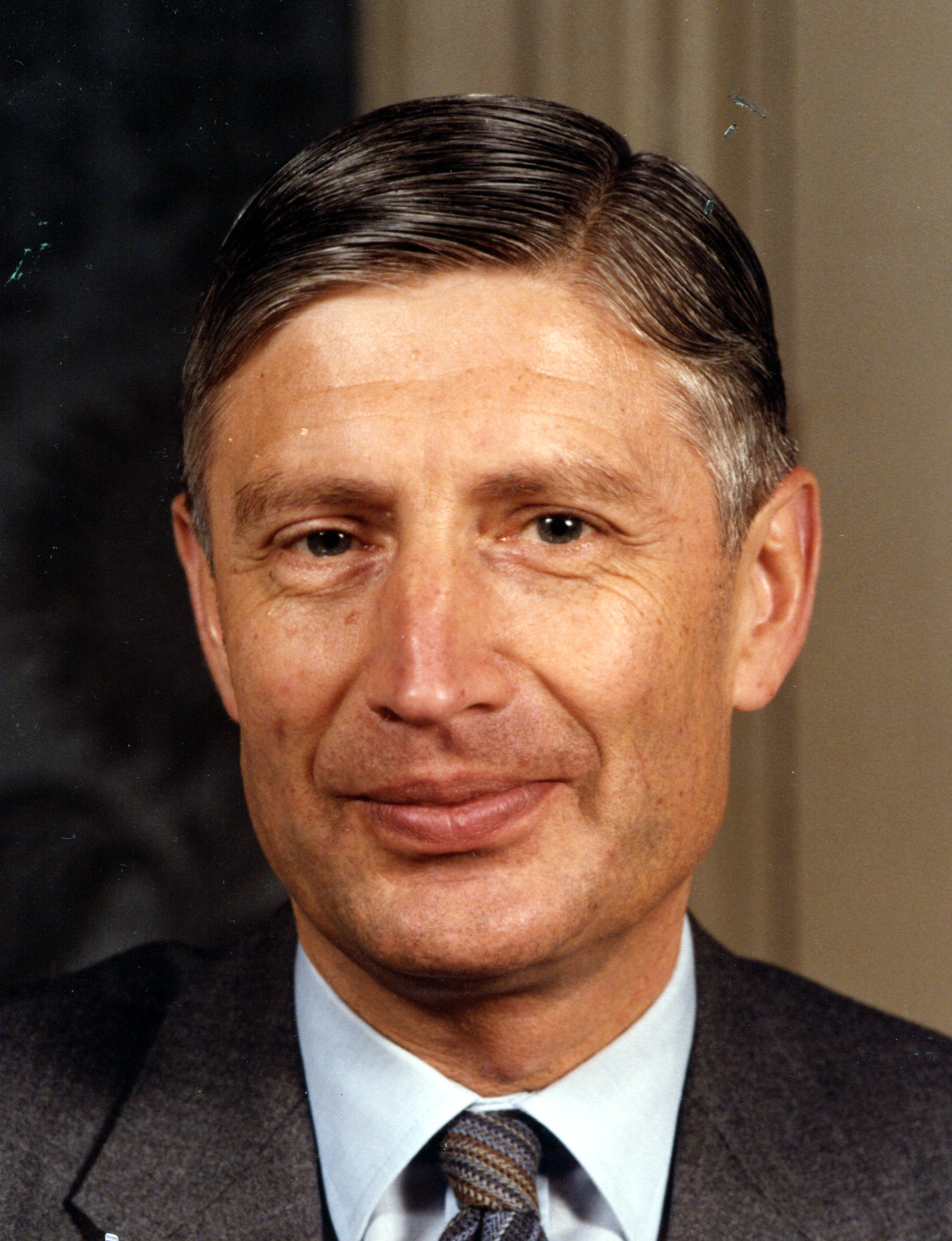|
David O'Sullivan (civil Servant)
David O'Sullivan (born 1 March 1953) is the Director General of the Institute of International and European Affairs (IIEA). He was previously a European civil servant served as Ambassador of the European Union to the United States from 2014 to 2019, Chief Operating Officer of the EEAS from 2010 to 2014, Director-General of DG RELEX from October 2010 to December 2010, Director-General of DG Trade from 2005 to 2010, Secretary General of the European Commission from 2000 to 2005. O'Sullivan has held a number of high level positions including Chief of Staff to President Romano Prodi and Secretary-General of the European Commission between June 2000 and November 2005. From 2005 to 2010, he was Director General for Trade. In 2010, he was appointed as Director General for External Relations, with the responsibility of setting up the EEAS and was appointed the Chief Operating Officer on 1 January 2011. Early and personal life O'Sullivan was born in Dublin in 1953. He is married wi ... [...More Info...] [...Related Items...] OR: [Wikipedia] [Google] [Baidu] |
Delegation Of The European Union To The United States
The Delegation of the European Union to the United States represents the European Union in the United States, working in coordination with the diplomatic and consular missions of all the EU Member States. It is located at 2175 K Street, N.W., in the West End neighborhood of Washington, D.C. Since March 2019, the Ambassador of the EU Delegation has been Stavros Lambrinidis. Role The Delegation of the European Union presents and explains EU policy to both the U.S. administration and Congress. The Delegation also analyzes and reports on the political, social, and economic situation in the U.S., and acts as a liaison with other international organizations in Washington, D.C. Through its engagement with political actors, the media, academia, business circles, and civil society, the Delegation raises awareness of EU issues and concerns, and promotes the EU-U.S. relationship among the broader American public. The Delegation represents the EU in matters where the Member States have a ... [...More Info...] [...Related Items...] OR: [Wikipedia] [Google] [Baidu] |
Institute Of International And European Affairs
The Institute of International and European Affairs (IIEA) ( ga, An Institiúid Gnóthaí Idirnáisiúnta agus Eorpacha) is an Irish policy think tank focusing on European and international policy trends based in Dublin, Ireland. It is known for its seminars and speaking events which attract notable international figures. History The IIEA was founded as the Institute of European affairs in 1991. According to Tony Brown, author of a history of the IIEA, it was established to promote informed debate on European affairs in the wake of the Crotty Judgement and the subsequent Irish referendum on the Single European Act, which he argues was marked by low turnout for the time and limited and low-quality debate. The institute was officially launched in April 1991 by Minister for Foreign Affairs Gerry Collins. Brendan Halligan was head of the organising committee and its first chairman. Mary Robinson, then President of Ireland, was appointed as its patron. A June 1996 ''Irish Times'' a ... [...More Info...] [...Related Items...] OR: [Wikipedia] [Google] [Baidu] |
European Parliament
The European Parliament (EP) is one of the legislative bodies of the European Union and one of its seven institutions. Together with the Council of the European Union (known as the Council and informally as the Council of Ministers), it adopts European legislation, following a proposal by the European Commission. The Parliament is composed of 705 members (MEPs). It represents the second-largest democratic electorate in the world (after the Parliament of India), with an electorate of 375 million eligible voters in 2009. Since 1979, the Parliament has been directly elected every five years by the citizens of the European Union through universal suffrage. Voter turnout in parliamentary elections decreased each time after 1979 until 2019, when voter turnout increased by eight percentage points, and rose above 50% for the first time since 1994. The voting age is 18 in all EU member states except for Malta and Austria, where it is 16, and Greece, where it is 17. Although the E ... [...More Info...] [...Related Items...] OR: [Wikipedia] [Google] [Baidu] |
